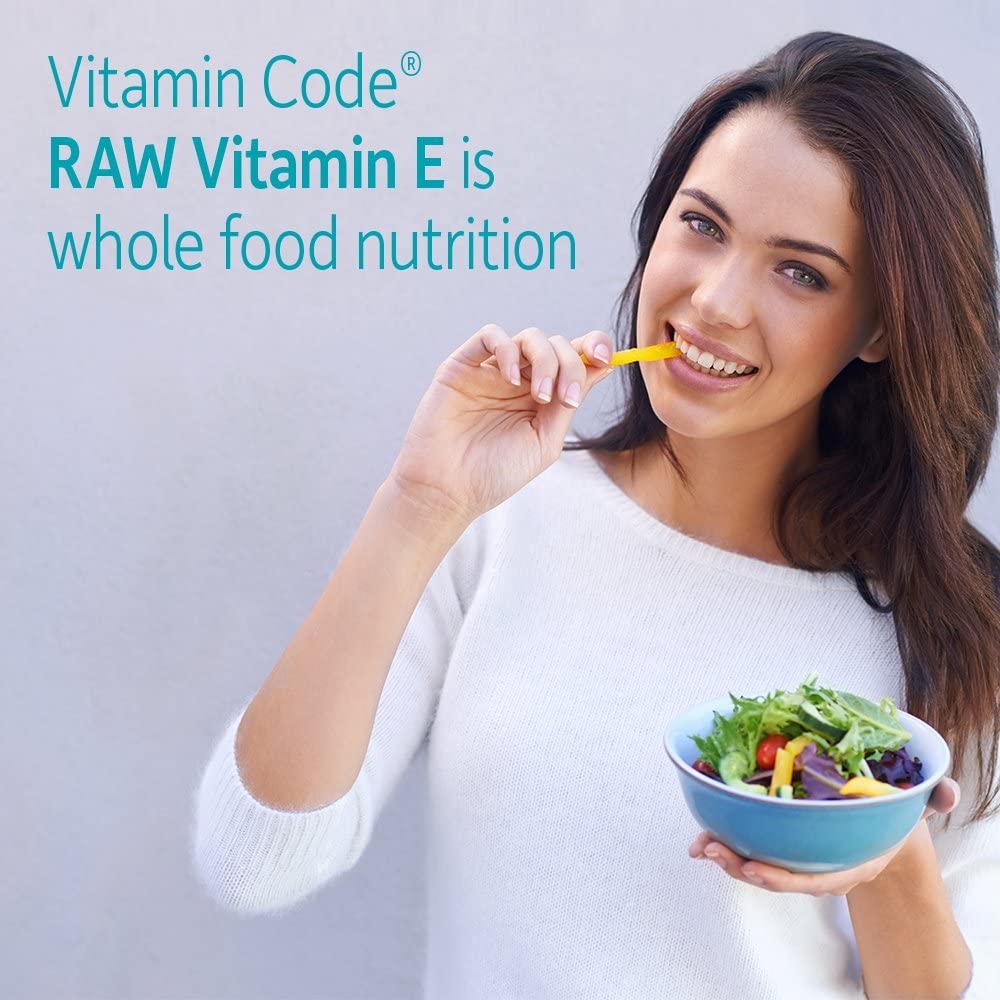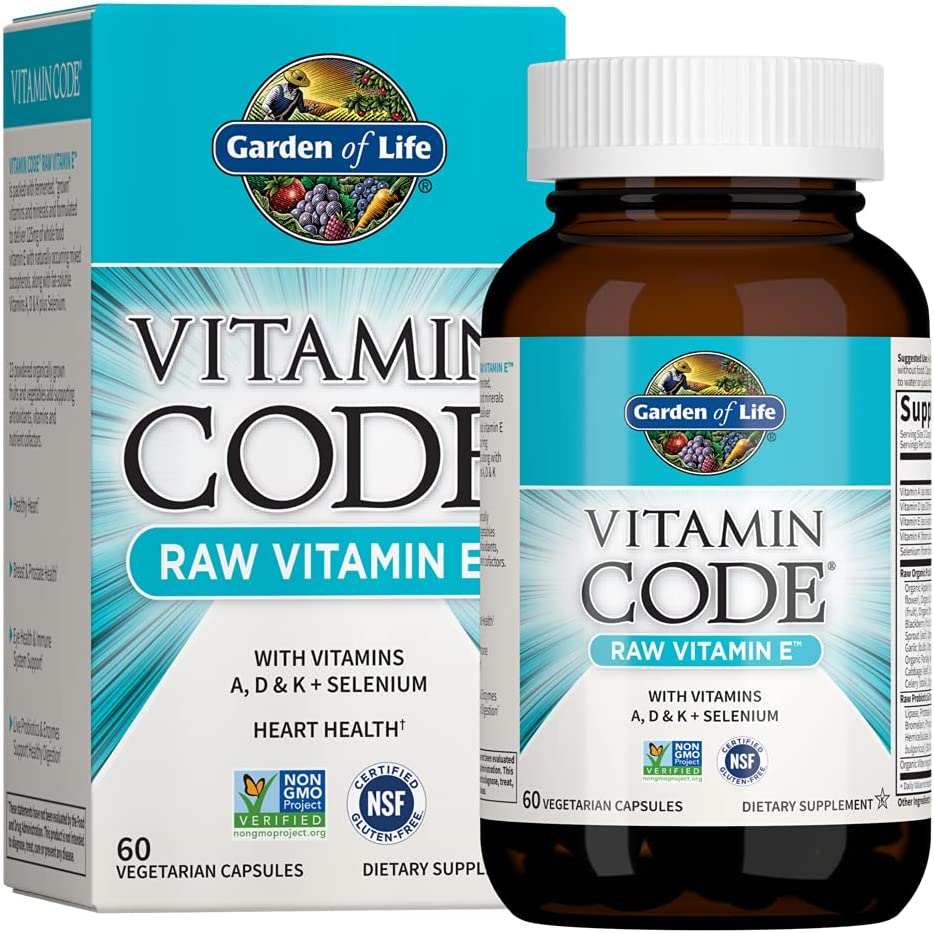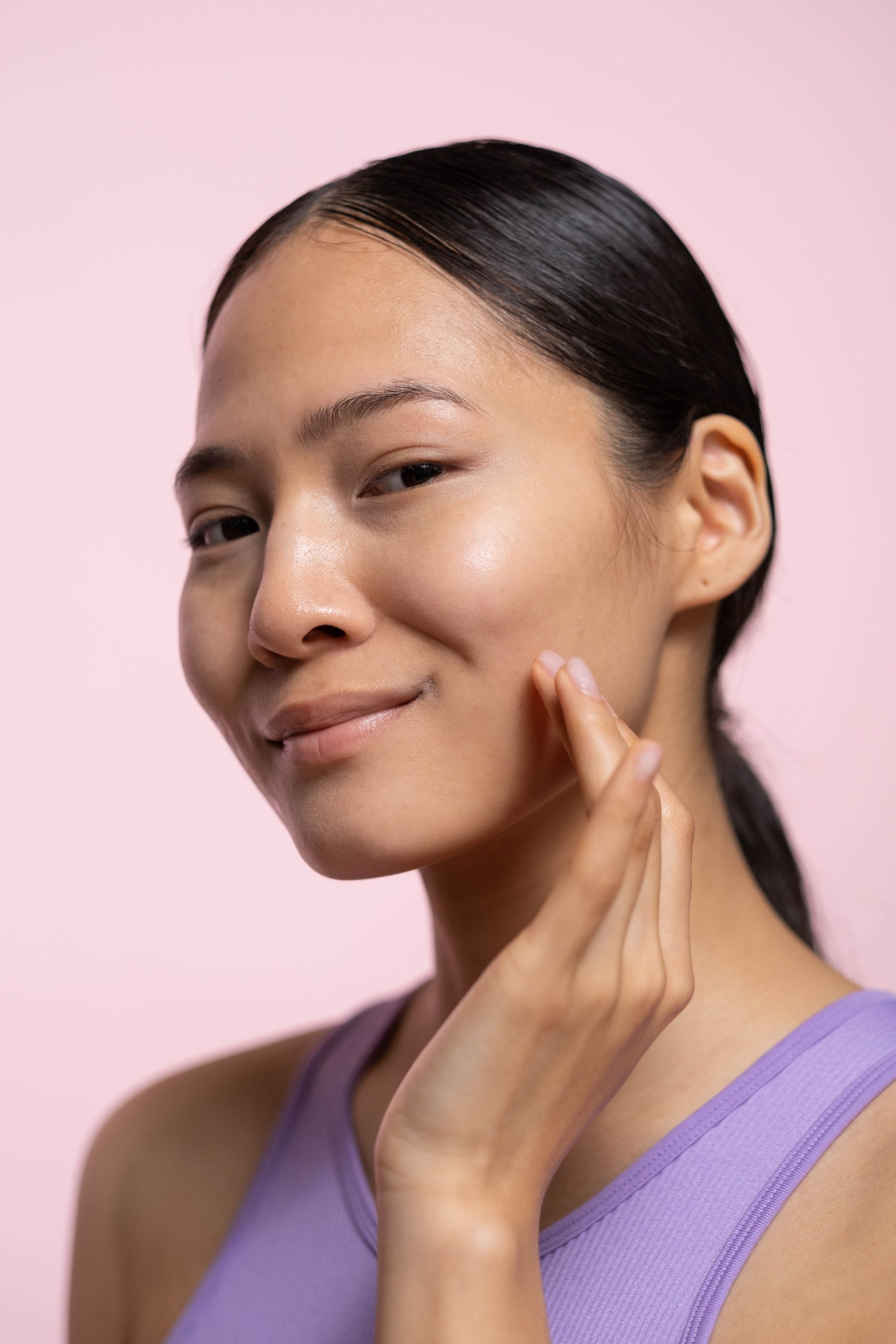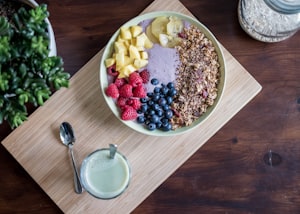Content Summary
When it comes to maintaining optimal health, a well-rounded diet rich in essential nutrients is key. Beta carotene, a naturally occurring pigment found in many fruits and vegetables, is one such nutrient that offers numerous health benefits.
In this article, we will explore what beta carotene is, its benefits, why you should consider incorporating it into your diet, and the potential symptoms of beta carotene deficiency.
What is Beta Carotene?
Beta carotene belongs to a group of compounds known as carotenoids, which are responsible for the vibrant red, orange, and yellow colors found in various plant-based foods. It is converted by the body into vitamin A, a crucial nutrient essential for various bodily functions.
Benefits of Beta Carotene>>>
Powerful Antioxidant Properties
Beta carotene is a potent antioxidant that helps protect the body against the damaging effects of free radicals. These harmful molecules are produced during normal metabolic processes and can lead to oxidative stress, which is associated with chronic diseases such as heart disease and certain cancers. By neutralizing free radicals, beta carotene helps reduce the risk of cellular damage and supports overall well-being.
Promotes Healthy Skin
Beta carotene is known for its role in maintaining healthy skin. It helps protect against sunburn and sun damage by enhancing the skin's natural defenses against harmful UV rays. Beta carotene supports skin cell turnover and contributes to a glowing complexion.




Supports Eye Health
Vitamin A, derived from beta carotene, is essential for optimal eye health. It plays a vital role in the production of rhodopsin, a pigment found in the retina that is necessary for vision in low-light conditions. Adequate beta carotene intake can help reduce the risk of age-related macular degeneration and maintain overall eye health.
Boosts Immune Function
Beta carotene supports a healthy immune system by enhancing the production and activity of immune cells. It helps strengthen the body's defense mechanisms, making it more resistant to infections and illnesses.
Why Should You Consider Taking Beta Carotene?
Incorporating beta carotene-rich foods into your diet or considering a supplement can be beneficial for individuals who have limited access to a variety of fruits and vegetables, as well as those with specific dietary restrictions. Beta carotene supplements can help bridge the nutrient gap and ensure adequate intake, particularly for individuals who may struggle to obtain enough vitamin A from their diet alone.




Symptoms of Beta Carotene Deficiency
Beta carotene deficiency is relatively rare, as it is abundant in many plant-based foods. However, inadequate consumption of beta carotene-rich foods may result in symptoms such as:
Dry and Flaky Skin: Beta carotene is essential for maintaining proper skin hydration. A lack of beta carotene can contribute to dry, rough, and flaky skin.
Night Blindness: As beta carotene is converted into vitamin A, deficiency can lead to impaired vision, particularly in low-light conditions.
Compromised Immune Function: Insufficient beta carotene intake may weaken the immune system, making individuals more susceptible to infections and illnesses.



Most FAQs about Beta Carotene>>>
How do I Know I Need to Take a Beta Carotene Supplement?
Determining whether you need to take a beta carotene supplement should be based on several factors, including your diet, overall health, and specific nutritional needs. Here are some considerations to help you determine if a beta carotene supplement may be beneficial:
- Dietary Intake: Evaluate your current diet to determine if you are consistently consuming a variety of foods rich in beta carotene, such as carrots, sweet potatoes, spinach, and other fruits and vegetables. If your diet lacks these sources or if you have limited access to a diverse range of fruits and vegetables, a supplement could be considered to help bridge the nutritional gap.
- Nutritional Deficiencies: If you have been diagnosed with a specific nutritional deficiency, such as a vitamin A deficiency, beta carotene supplements may be recommended to address the deficiency. However, it's important to consult with a healthcare professional or registered dietitian before starting any supplementation regimen.
- Specific Health Conditions: Certain health conditions or factors may increase your need for beta carotene. For example, individuals with malabsorption disorders, liver diseases, or pancreatic diseases may have difficulty converting beta carotene into vitamin A. In such cases, a healthcare professional may recommend beta carotene supplementation.
- Sun Sensitivity: Beta carotene is known for its potential role in protecting the skin against sun damage. If you have heightened sensitivity to sunlight or spend significant time outdoors, a beta carotene supplement may be considered in conjunction with other sun protection measures. However, it's important to note that beta carotene alone is not a substitute for proper sun protection practices like using sunscreen and wearing protective clothing.
It's essential to consult with a healthcare professional or registered dietitian before starting any new supplementation regimen. They can assess your individual circumstances, review your medical history, and provide personalized guidance on whether a beta carotene supplement is suitable for you.
They can also recommend the appropriate dosage based on your specific needs and help monitor for any potential interactions with medications or existing health conditions.
Remember, a well-balanced diet that includes a variety of fruits and vegetables remains the best way to obtain a range of nutrients, including beta carotene, to support overall health and well-being.
Which Foods are Rich in Beta Carotene?
Several foods are rich sources of beta carotene. Including a variety of these foods in your diet can help ensure an adequate intake of this important nutrient. Here are some common foods that are high in beta carotene:
- Carrots: Carrots are renowned for their high beta carotene content. Enjoy them raw as a snack, grated in salads, or cooked in various dishes.
- Sweet Potatoes: Sweet potatoes are not only delicious but also packed with beta carotene. Try baking or roasting them for a nutritious side dish.
- Spinach: This leafy green vegetable is an excellent source of beta carotene. Incorporate spinach into salads, stir-fries, or smoothies to boost your intake.
- Butternut Squash: Butternut squash is a winter vegetable that provides a rich dose of beta carotene. It can be roasted, mashed, or used in soups and stews.
- Pumpkin: Pumpkin is not only a fall favorite but also a fantastic source of beta carotene. Consider using it in baking, soups, or savory dishes.
- Kale: Kale is a nutrient powerhouse, and it contains beta carotene along with other essential vitamins and minerals. Add kale to salads, sauté it as a side dish, or blend it into smoothies.
- Apricots: These juicy fruits are a good source of beta carotene. Enjoy them fresh or dried for a sweet and nutritious snack.
- Mangoes: Mangoes are not only deliciously sweet but also rich in beta carotene. Eat them fresh, blend them into smoothies, or use them in salsas and salads.
- Papaya: Papaya is a tropical fruit that provides a good amount of beta carotene. Enjoy it as a refreshing snack or incorporate it into fruit salads.
10. Red and Yellow Bell Peppers: Bell peppers are colorful and flavorful vegetables that contain beta carotene. Add them to stir-fries, salads, or enjoy them raw with dips.
Remember, beta carotene is a fat-soluble nutrient, so consuming these foods with a small amount of healthy fat, such as olive oil or avocado, can enhance its absorption. Aim for a varied and balanced diet that includes these beta carotene-rich foods to meet your nutritional needs.
How Much Beta Carotene Should I Consume a Day?
The recommended daily intake of beta carotene is not established as a specific value. However, the Dietary Reference Intakes (DRIs) provided by the National Institutes of Health (NIH) suggest a daily intake of vitamin A, which includes beta carotene, based on age and sex. The DRIs for vitamin A are as follows:
Adult males (19 years and older): 900 micrograms of retinol activity equivalents (RAE) per day.
Adult females (19 years and older): 700 micrograms RAE per day
It's important to note that the recommended intake is given in terms of retinol activity equivalents (RAE) because the body converts beta carotene into vitamin A. The conversion ratio of beta carotene to vitamin A varies depending on factors such as individual metabolism and dietary composition.
To achieve the recommended intake of beta carotene, it's advisable to consume a varied and balanced diet that includes a range of fruits and vegetables rich in beta carotene, as mentioned earlier. By doing so, you can ensure an adequate intake of this important nutrient along with other essential vitamins and minerals.
If you have specific concerns about your nutritional needs or want personalized recommendations, it is recommended to consult with a healthcare professional or a registered dietitian who can provide guidance based on your individual circumstances.
Authors Choice of Beta Carotene Supplement
Garden of Life Vitamin E - Vitamin Code Raw Vitamin



- Vitamin E capsules provide whole food Vitamin E from Sunflower Oil with naturally occurring mixed tocopherols, along with fat-soluble Vitamins A, D & K plus Selenium
- This E vitamin contains 23 organically grown fruits and vegetables, which add supporting antioxidants, vitamins and nutrient cofactors
- RAW, food created Vitamin E supplement aids in heart health, immune system support, digestive support, eye health and breast & prostate health
- Plant based E vitamin includes a RAW Probiotic and Enzyme blend for digestive support, plus a fruit & vegetable blend for additional nutritional support
- Whole food vitamin E is Third-Party Certified Non GMO, Gluten Free Kosher, and RAW—no high heat, synthetic binders, fillers, artificial flavors, sweeteners, colors or additives commonly used in tablets
Conclusion
Beta carotene plays a vital role in maintaining overall health and well-being. With its powerful antioxidant properties, skin-protecting benefits, support for eye health, and immune system boosting abilities, incorporating beta carotene-rich foods or supplements into your diet is worth considering. By enjoying a diverse range of fruits and vegetables, you can ensure an adequate intake of this important nutrient.
Relevant Reads>>>













